Inaccessibility to Healthcare and Hospitals: UNCC100 Essay
VerifiedAdded on 2022/10/09
|5
|1082
|53
Essay
AI Summary
This essay, written by a student, addresses the critical issue of healthcare inaccessibility faced by indigenous populations, specifically Aboriginal Australians and Torres Strait Islanders, within the Australian healthcare system. The essay highlights the discrepancies in healthcare access, citing lower life expectancies and increased health issues among these groups compared to the non-indigenous population. It attributes these disparities to a combination of cultural barriers, geographic distance, and socioeconomic factors. The author, drawing from a medical background, emphasizes the importance of upholding the principles of the Catholic Social Thought (CST), particularly the dignity of the human person and the common good, to advocate for equitable access to healthcare services. The essay references various studies and statistics to support its claims, including data from the Australian Bureau of Statistics and research on similar challenges faced by Aboriginal populations in Canada. It concludes by underscoring the need to address social determinants, reduce disparities, and ensure that all individuals, regardless of their background, have access to essential healthcare facilities and services.
1 out of 5
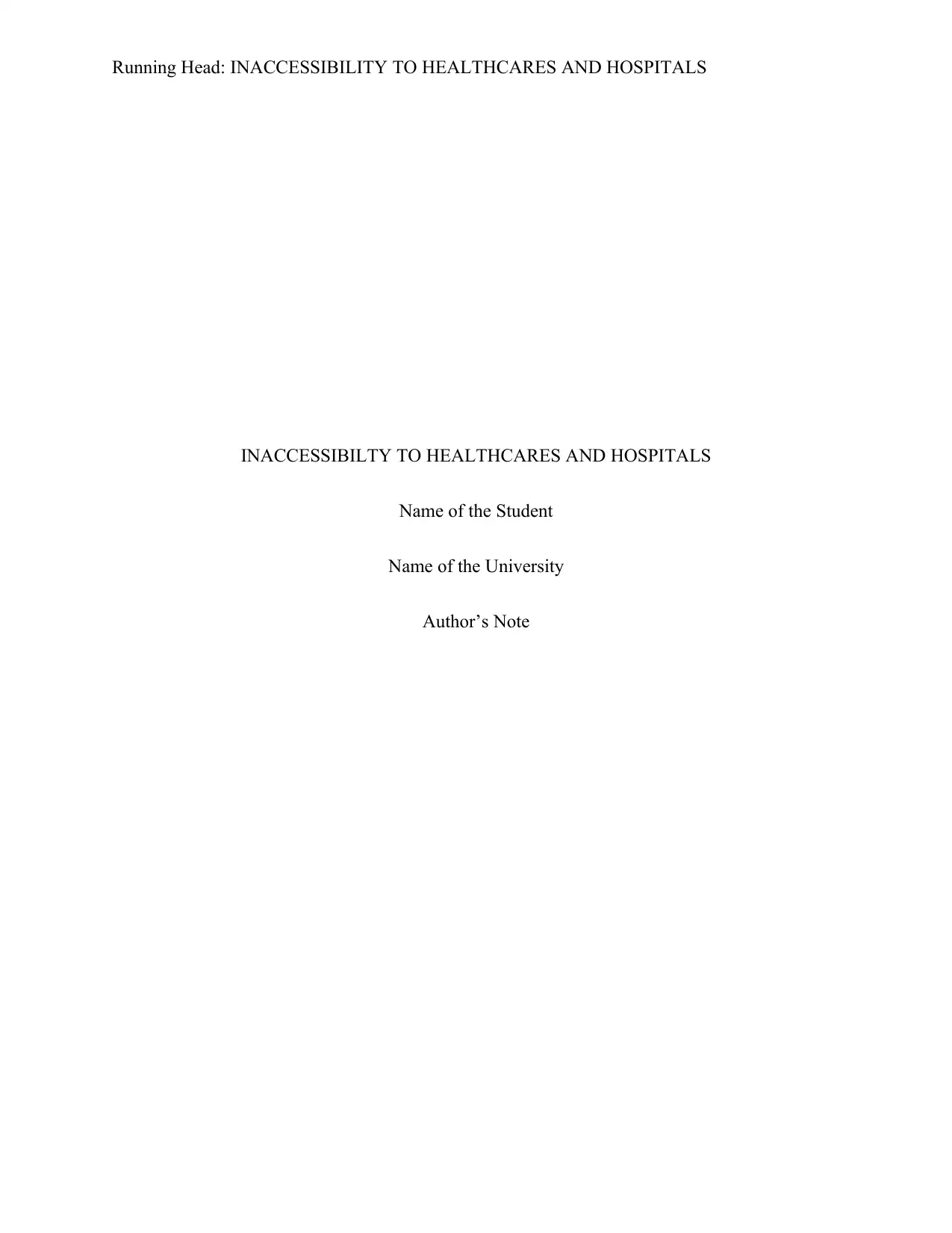
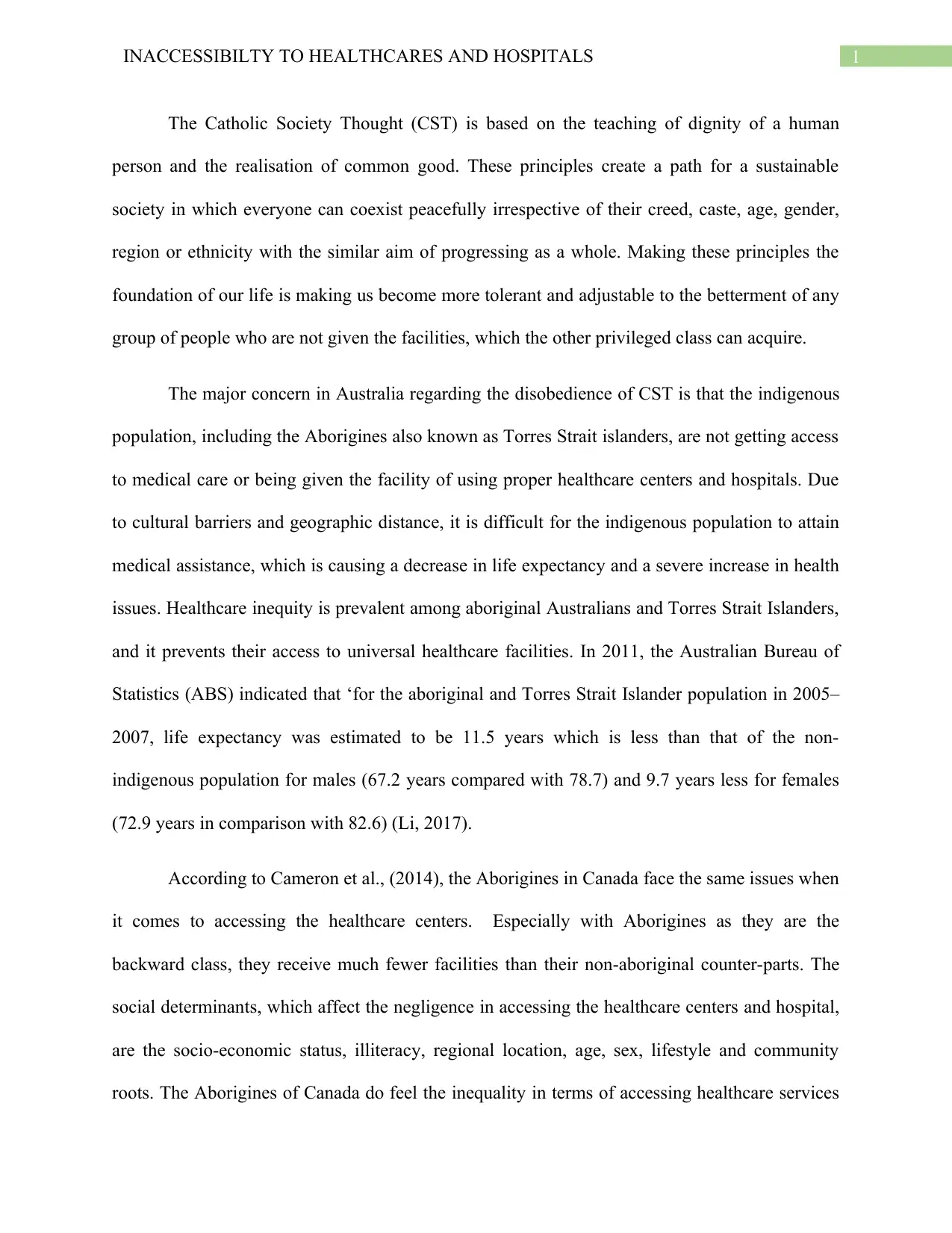
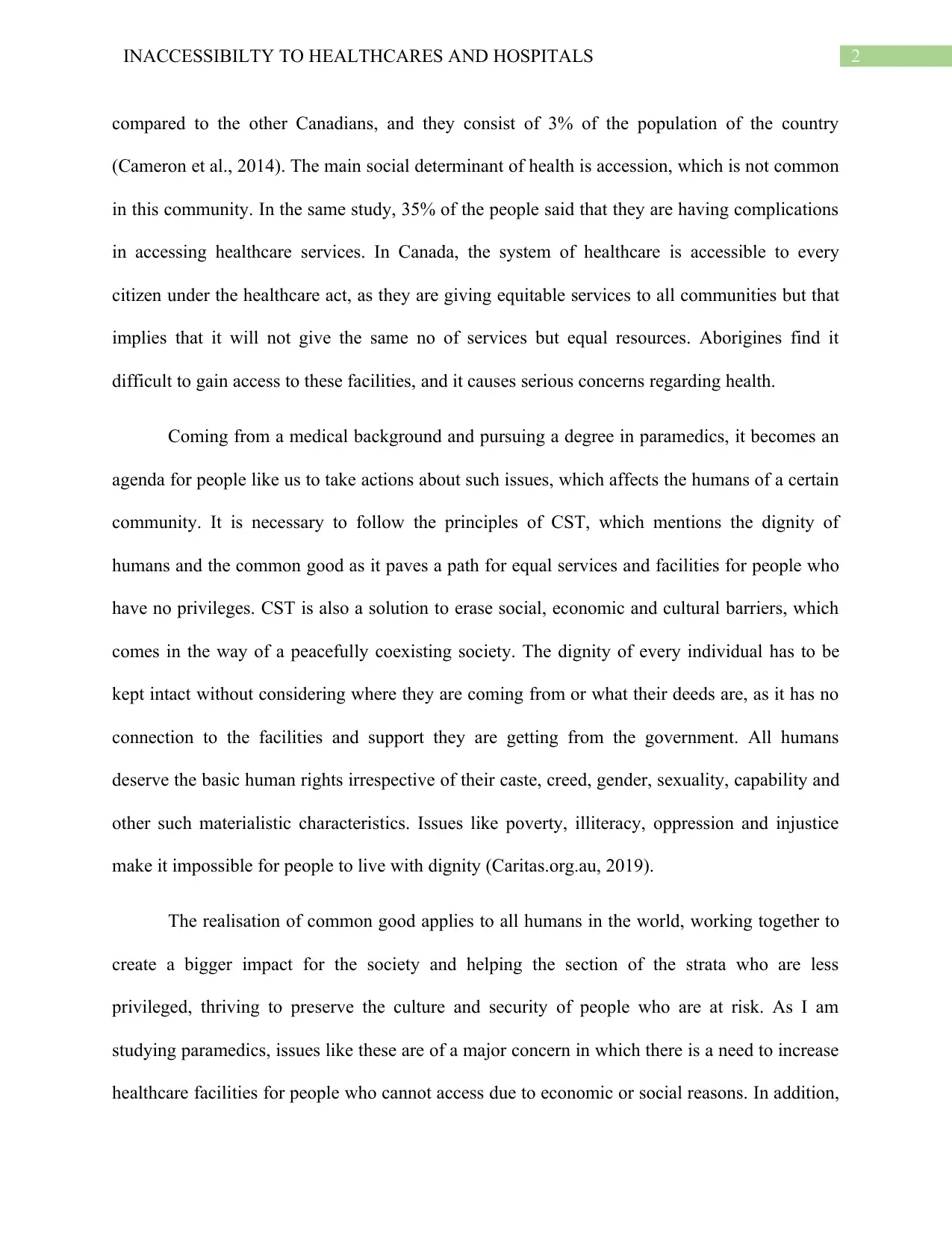

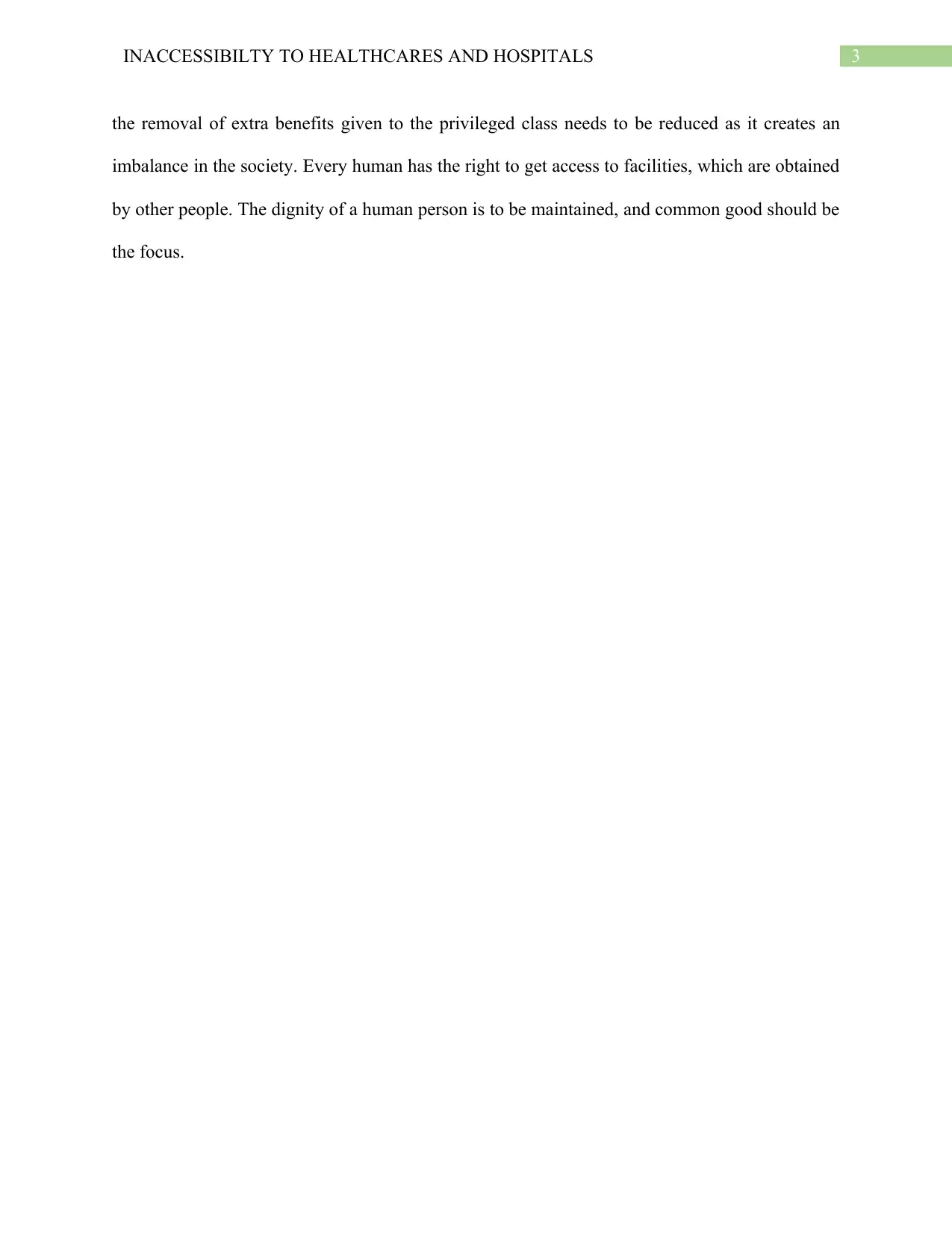
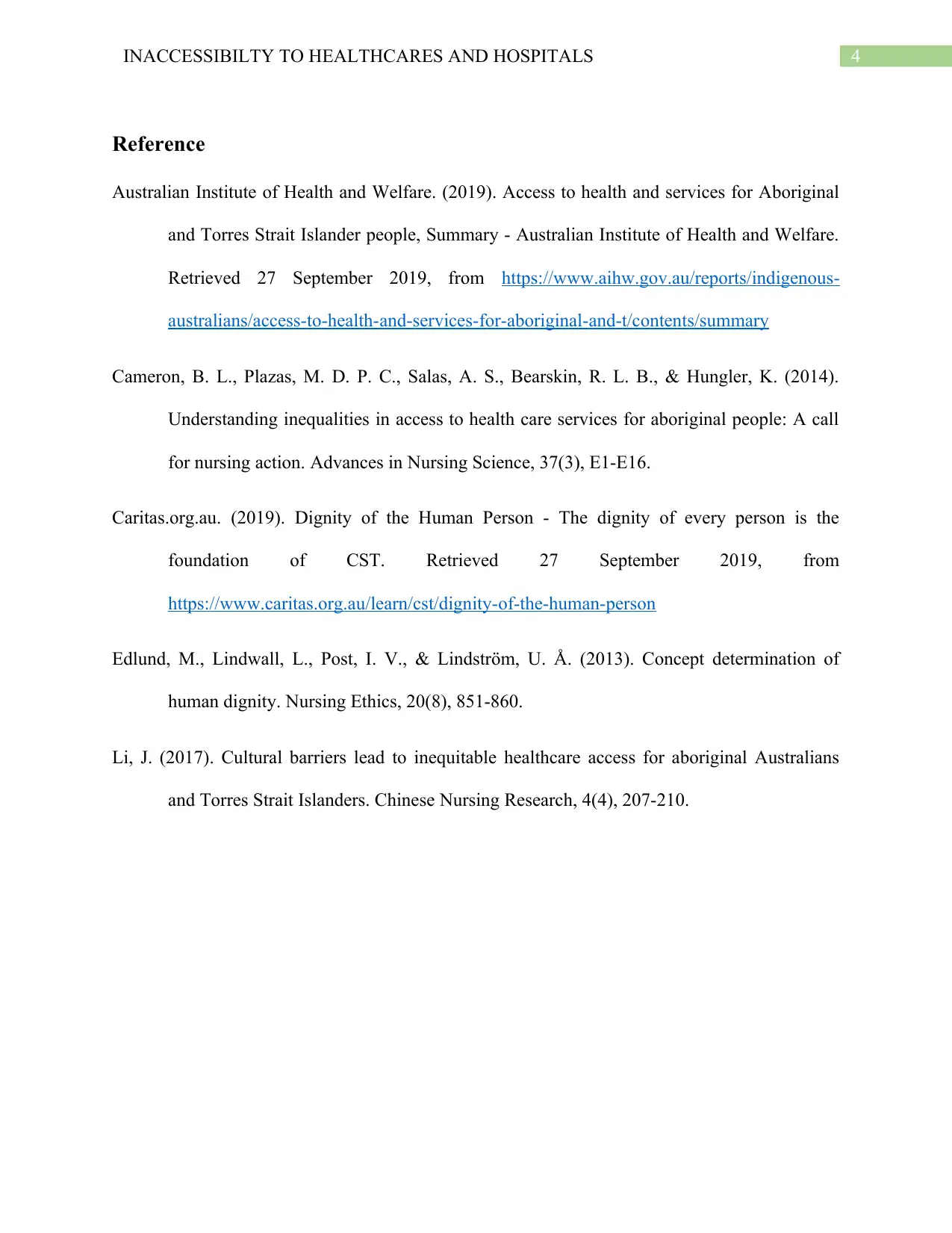





![[object Object]](/_next/static/media/star-bottom.7253800d.svg)